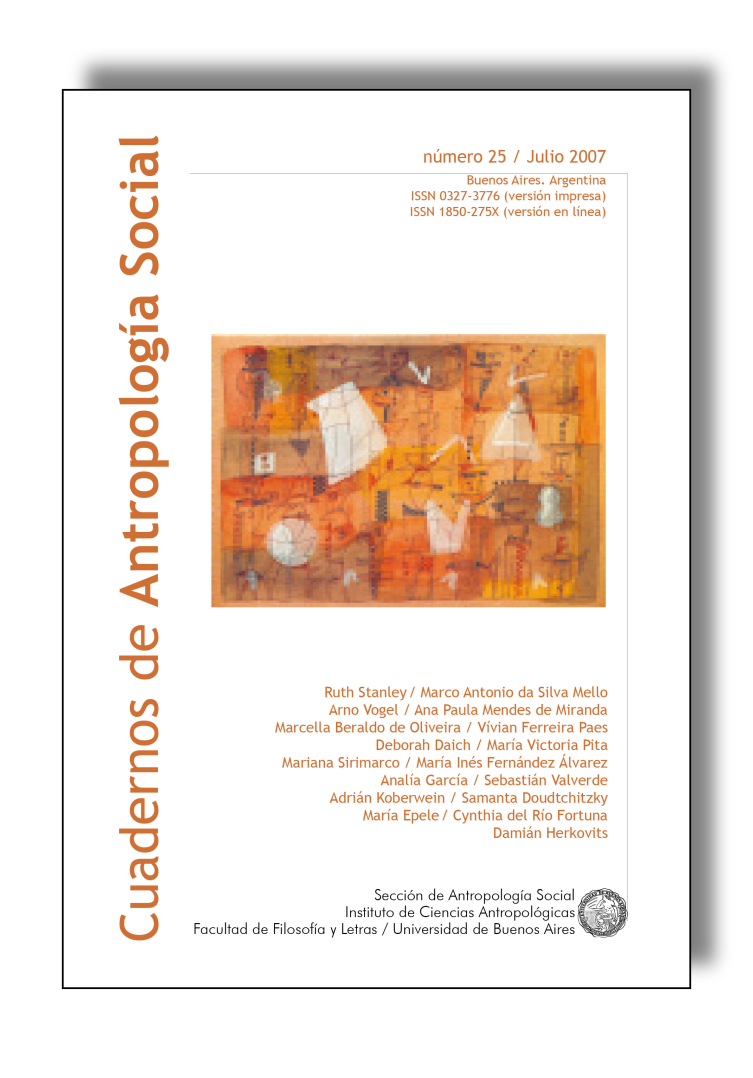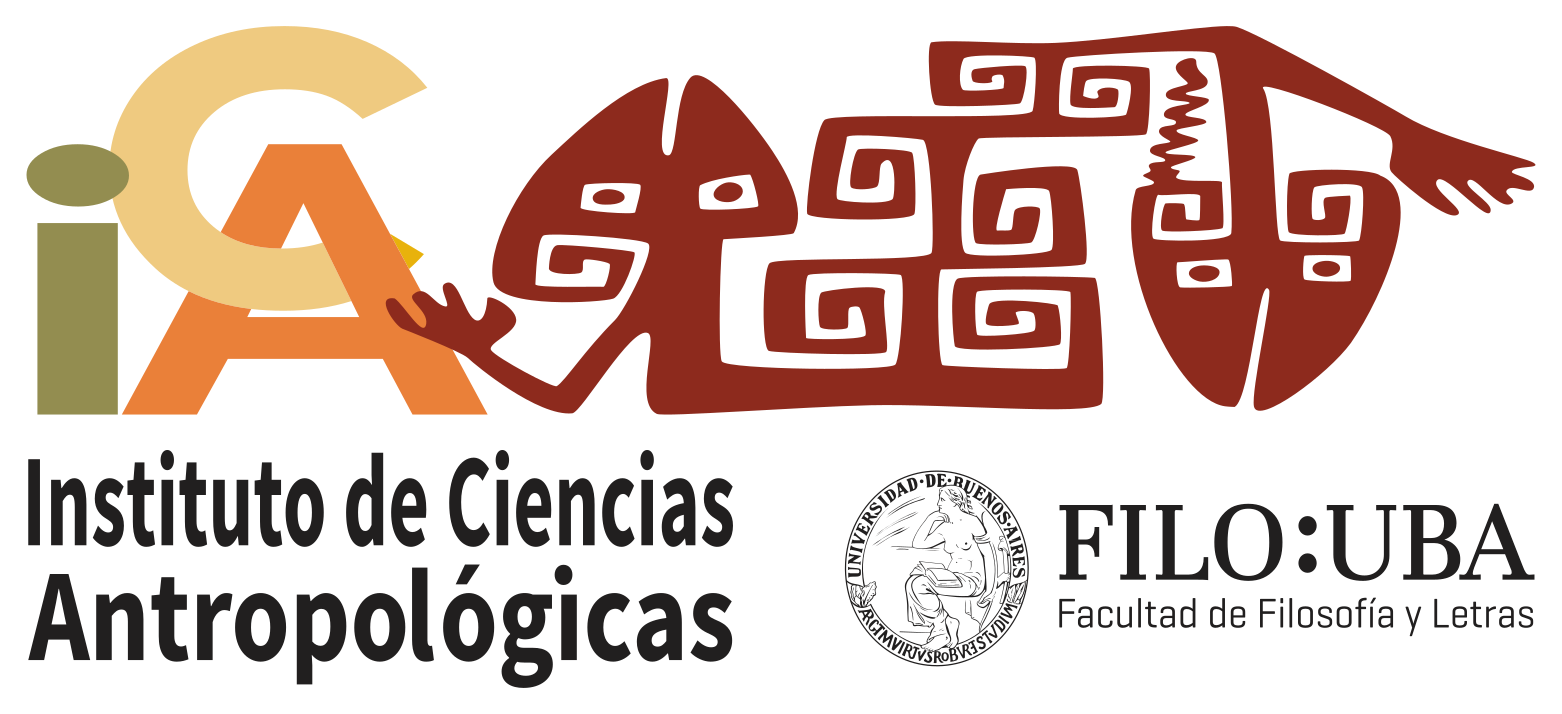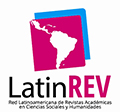Cuando la calle se transforma en casa: algunas consideraciones sobre habito et diligo en el medio urbano
Abstract
In this paper we present part of an ethnography, done in 1979, in which we analyze the articulation of two cases –the neighborhoods of Catumbi and Selva da Pedra , both in Rio de Janeiro– which are illustrative of a characteristic polarity of the brazilian cities, specially clear in metropolitan areas. One side of this polarity is constituted by the Iberian urban tradition that prevails in the architecture and urbanism of the oldest neighborhoods and suburbs. On the other side, we find the modernism models, those which tried to compensate their lack of historical cultural inertia with an extraordinary ideological aggressiveness deeply rooted in the progressive scientism –the most permanent legacy of our XIX century. Thus, the focus of our research was the appropriation of space, a process that takes part of the everyday experience.Downloads

Esta obra está bajo una Licencia Creative Commons Atribución 4.0 Internacional
Cuadernos de Antropología Social sostiene su compromiso con las políticas de Acceso Abierto a la información científica, al considerar que tanto las publicaciones científicas como las investigaciones financiadas con fondos públicos deben circular en Internet en forma libre, gratuita y sin restricciones.
Los contenidos y opiniones expresadas en los artículos publicados son de entera responsabilidad de sus autores.
Los autores/as que publiquen en esta revista aceptan las siguientes condiciones:
- Los autores/as conservan los derechos de autor y ceden a la revista el derecho de la primera publicación, bajo la licencia de atribución de Creative Commons, que permite a terceros utilizar lo publicado siempre que mencionen la autoría del trabajo y a la primera publicación en esta revista.
- Los autores/as pueden realizar otros acuerdos contractuales independientes y adicionales para la distribución no exclusiva de la versión del artículo publicado en esta revista (p. ej., incluirlo en un repositorio institucional o publicarlo en un libro) siempre que indiquen claramente que el trabajo se publicó por primera vez en esta revista.















